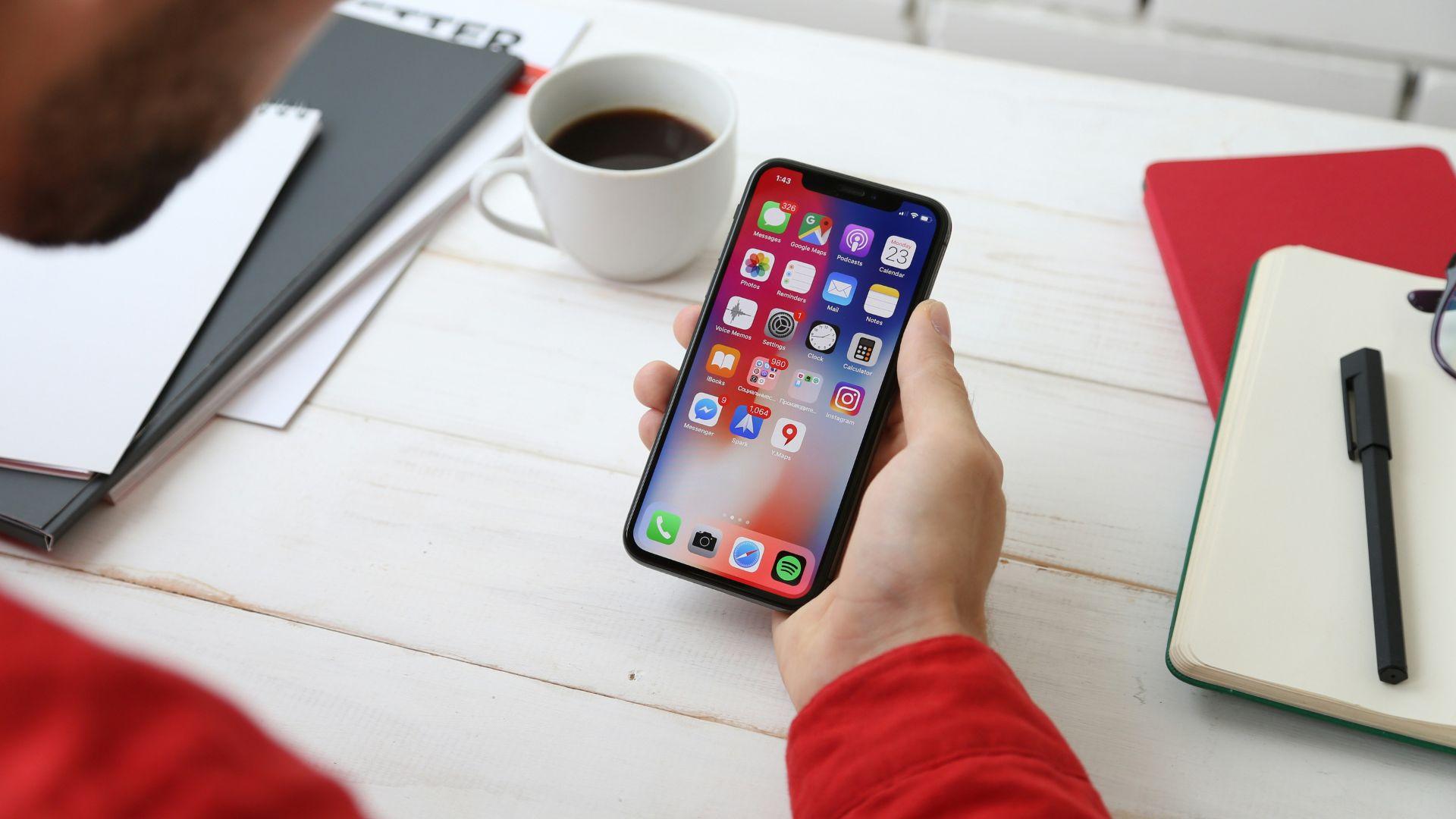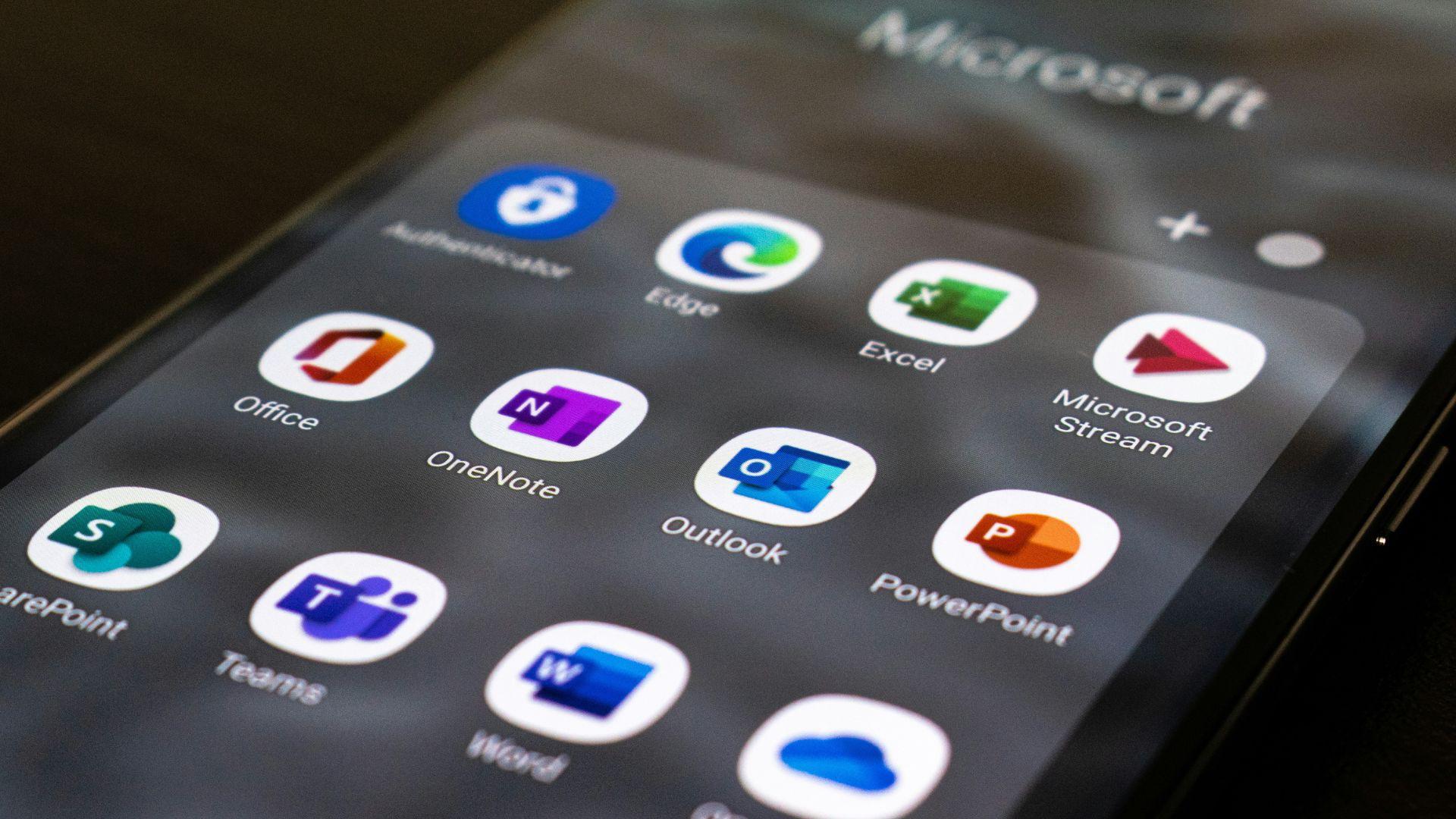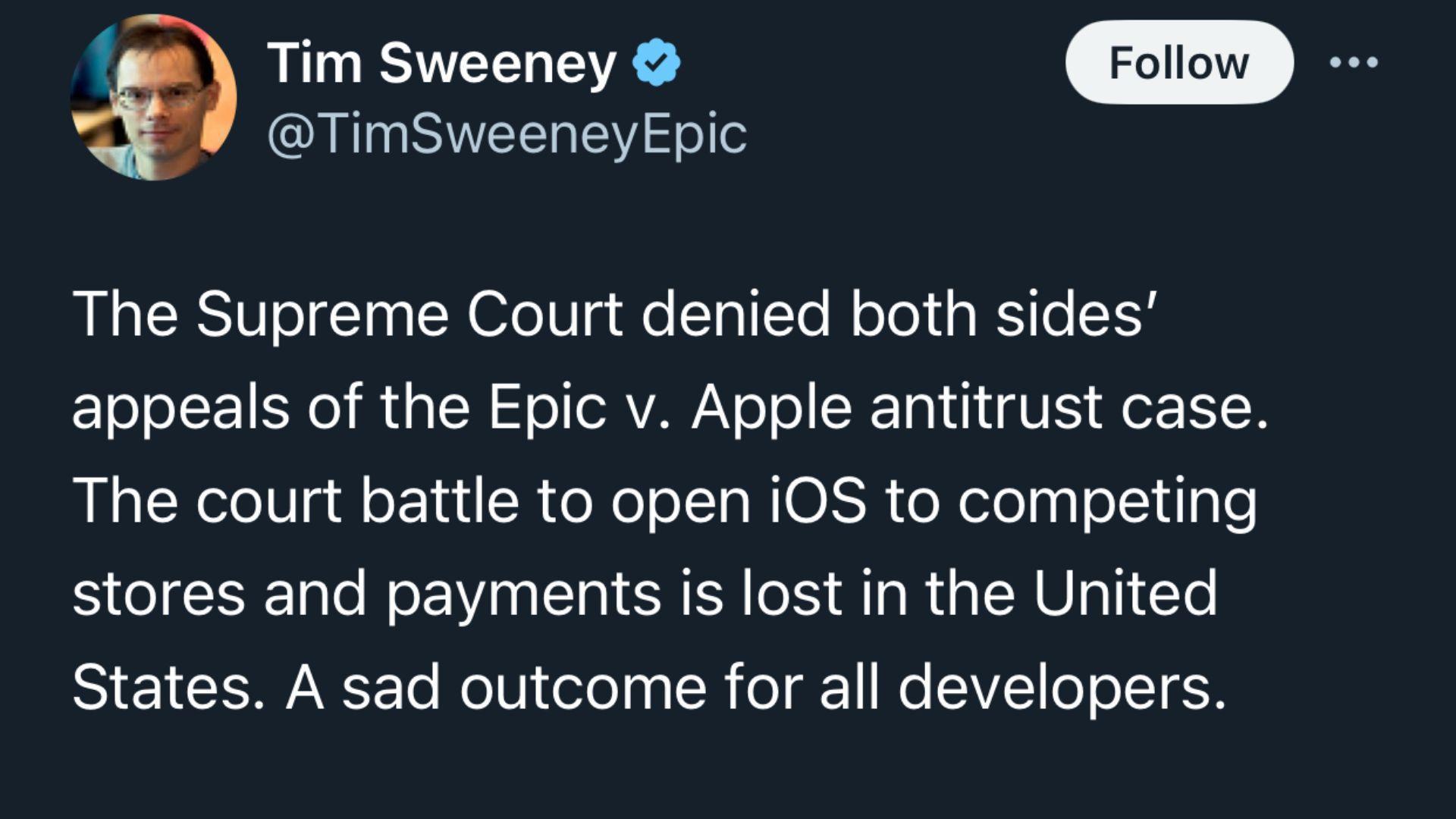Apple is now at risk of losing control over the iPhone app store after the Supreme Court denied a review of the appeals from both Apple and Epic Games.
The new ruling is expected to cost Apple billions of dollars in revenue, as the commission made from app developers ranges from 15% to 30%, something which they are now expected to potentially lose after losing their appeal.
Apple was Found to have Violated California Law

During the initial court case, Apple was found to have violated California law through some of their app store rules on apps that were purchased on over one billion iPhones.
It was believed that the purchases made had constituted unfair competition under California law after the initial court case began in 2020 when Epic Games sued Apple for ‘engaging in anti competitive behaviors’ on app store policies, as stated by Forbes.
Epic Games Had Their Broader Claim Rejected

Whilst Epic Games may have had this court ruling work in their favour, the appeal began due to Epic’s antitrust lawsuit against Apple, which also began in 2020.
This claim was initially rejected by a lower court, which ruled that Apple’s app store policies of limiting how software is limited and paid for do not violate any federal antitrust laws, as previously claimed by Epic, according to CNBC. The Supreme Court turned this appeal away.
Apple will now Offer Alternative In-App Payments

During Apple’s appeal, a lower court ruling of Apple allowing alternative in-app payments made by developers, that had previously been on hold, is now allowed to take place.
Before this ruling, Apple had complete control over payments made on the app store and in-app purchases. However, app developers in the U.S. are now able to add other payment options, meaning it is now easier for them to avoid paying Apple’s commission rates.
Apple may see its Revenue go Down

The commission from app developers makes up a significant proportion of Apple’s revenue. In 2023, Apple was able to make $85 billion in revenue, some of which came from commission.
Not only is Apple’s revenue expected to go down, but its stock value has also been seen to go down. So far this has gone down by 5%, with the results of this latest court case only being a part of that reason, according to the LA Times.
Apple is no Longer the World’s Most Valuable Company

With this expected decrease in revenue and the stock market, where Apple was once leading the charge as the world’s most valuable company, its biggest rival has now taken over.
Microsoft is now the world’s most valuable company after Apple’s stock dipped a further 1% in recent weeks. With it now being worth $2.8 trillion and Microsoft’s stock having risen 4%, Microsoft has only just pushed ahead and is worth $2.9 trillion.
New European Regulations are set to Further Enforce Payment Rules

With the court case enforcing different payment options on iPhone apps in the U.S., new European regulations expected to come into force in March could enforce these payment rules elsewhere in the world.
These regulations are set to force Apple to allow different payment methods in iPhone apps. However, Apple states that doing this will weaken iPhone security and put users’ information at risk.
Epic’s Chief Executive says the Ruling is a “Sad Outcome”

With Apple still yet to make a statement, Epic’s chief executive, Tim Sweeney, made several posts on X (formerly Twitter) about the outcome of the Supreme Court ruling.
In the posts, Tim said that the Supreme Court’s rejection of Epic’s appeal is a “sad outcome for developers”. However, he also said that their ruling for Apple to offer different payments is good for customers so they can see “better prices on the web”
Epic Originally Offered a Different Way to get its App

After being fed up with having to pay Apple’s commissions, Epic decided to try and offer consumers a different way of downloading their app.
As Epic is the creator of games such as Fortnite, any in-app purchases made by players were subject to Apple’s commission rules. After noticing Epic was trying to get away with not paying commission, Apple then removed Epic from the app store and refused to let them back in until the end of the court case, according to AP News.
Epic Filed a Separate Lawsuit Against Google

Epic may have lost most of its claims against Apple, however, the company had also filed similar claims against Google and that court case came to an end in December 2023.
Unlike the Apple case, Epic won its antitrust lawsuit against Google, stating that Google and Play Store had been abusing their power to avoid any competition. In this case, a Federal judge is still needed to state the changes Google has to make to the Play Store, according to AP News.
Epic’s Lawsuit is a Reminder of Corporate Business Laws

With Epic filing lawsuits against both Apple and Google, this goes to show the importance of businesses following corporate law.
With developers having paid a commission from user’s in-app purchases, these lawsuits may now see a change in how these payments are made.
